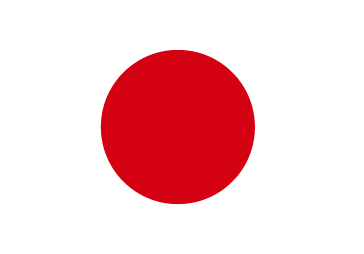A screenshot of the Japanese Tsunami crisis response page – 15th March 2011
When disaster hit in Japan, like everyone following the news, we wanted to do whatever was possible to help. We realised that Babelverse could be a big help to foreign aid teams, by allowing them to better communicate on the field.
So, during an all night coding marathon in an Central Athens flat, Josef & Mayel set up a dedicated and completely free service, meant to break down language barriers between aid teams, NGOs, media and locals.
Spent all night setting up interpretation service to #HelpJapan : http://babelverse.com I love what I do 😀
— Mayel (@mayel2b) March 15, 2011
With it, anyone fluent in English and Japanese could very easily make themselves available, so that anyone in Japan needing interpretation could call a single local number or Skype account (or even use their web browser) to automatically be connected with one of the available volunteer interpreters.
In Japan & need live interpretation? OR speak ENG/JPN & can volunteer time to interpret? #HelpJapan Goto http://t.co/X6EjstT via @babelverse
— babelverse (@babelverse) March 15, 2011
The response was amazing! In it’s first 48 hours of operation, more than 100 bilingual (Japanese<>English) speakers volunteered their time (4 hours each on average, totalling more than 16 days of online time!)
Thank you!
We want to take the opportunity to thank our VoIP provider Tropo for sponsoring the cost of the local Japanese phone number as well as the NGO Translators Without Borders and all the others who spread the word.
.@Babelverse is real-time Japanese translation for crisis workers http://cot.ag/ejFaVw
— Tropo (@Tropo) March 18, 2011
On-line platform for volunteer translators willing and capable of helping Japan: http://babelverse.com/
— TranslatorsWB (@TranslatorsWB) March 27, 2011
A screenshot of the service page
All members of Babelverse are available to volunteer during any crisis situation. This is integral to being part of the Babelverse community. Multilingual and want to help? Create your profile here.
Continue reading our story
Next we went to Latin America, read on.


[…] Silicon Valley for the first time, being a part of the Start-Up Chile Program and how they used Tropo for Crisis Response to help victims of the Japan Earthquake in March […]
[…] a start-up that was part of the government-backed accelerator programme, Start-Up Chile, originally created the application as a way to improve communication during international rescue and relief operations in the […]
[…] Japan and Crisis Response.. […]
Aww, This can’t be the end of the story. What happened next? LOL
[…] conferences. The duo has already provided interpretation on several important occasions. During the Japanese earthquake and tsunami disaster, for example, over 100 volunteers tuned into the service and provided interpretation from Japanese […]
[…] shortly after our experiment for Japan, we got some big news from the opposite side of the globe. We had been selected by Start-Up […]
[…] Enabling people to communicate, wherever they are, with whomever they are speaking to, is a pretty fundamental mission. Their story started back in 2010, in Greece, where for want of a translator a need was recognised. They validated, tested, built and trailed an early version, until disaster struck. […]
[…] shortly after our experiment for Japan, we got some big news from the opposite side of the globe. We had been selected by Start-Up […]
[…] What did we do when disaster hit in Japan? We set up an on-demand service for interpretation between… […]
[…] early opportunity to test out the concept came during the March 2011 tsunami in Japan. We called for volunteers to offer free interpretation to assist foreign rescue teams and reporters […]